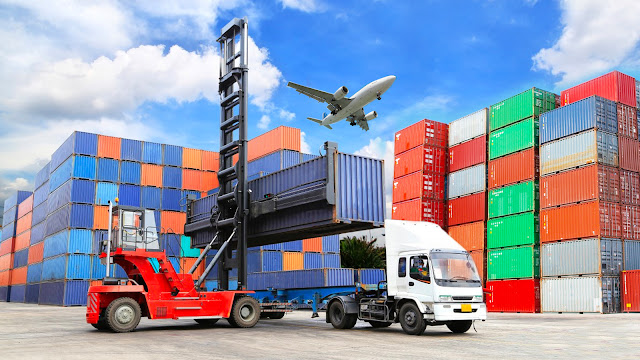Freight Forwarding Market Upcoming Trends, Demand, Regional Analysis and Forecast 2028
The Freight Forwarding Market is an integral part of the global logistics industry. Freight forwarders are companies that arrange the transportation of goods from one point to another on behalf of their clients. They act as intermediaries between shippers and carriers, and they take care of all the logistical details involved in moving goods, including customs clearance, insurance, and documentation.
The global freight forwarding for market has been growing steadily in recent years, driven by the rise of international trade and the increasing demand for efficient and reliable transportation services.
The global Freight Forwarding Market was valued at $171.21 billion in 2020 and is projected to reach $329.34 billion by 2028, growing at a CAGR of 8.4% from 2021 to 2028.
The market is highly competitive, with many players vying for a share of the pie. The industry is dominated by a few large companies, such as DHL, Kuehne + Nagel, and DB Schenker, but there are also many smaller players operating in niche markets or focusing on specific regions.
The Freight Forwarding Market is divided into several segments, including air freight, sea freight, road freight, and rail freight. Air freight is the fastest mode of transportation and is used for time-sensitive or high-value shipments, while sea freight is slower but more cost-effective and is used for bulk shipments. Road freight and rail freight are used for domestic transportation and are often used to transport goods from ports to inland destinations.
The global Accounts Receivable Automation Market is anticipated to experience significant growth opportunities over the course of the forecast period as a result of increasing demand for accounts receivable automation software caused by a variety of factors, including working capital of businesses, an increase in invoice disputes, and lower agent productivity, among others.
One of the biggest challenges facing freight forwarding for the market is the complexity of global trade regulations. Customs clearance is a critical aspect of freight forwarding, and freight forwarders must ensure that all necessary documentation is in order and that all regulations are complied with. Failure to comply with regulations can result in delays, fines, and other penalties, so it is essential that freight forwarders stay up-to-date with the latest regulations and procedures.




Comments
Post a Comment